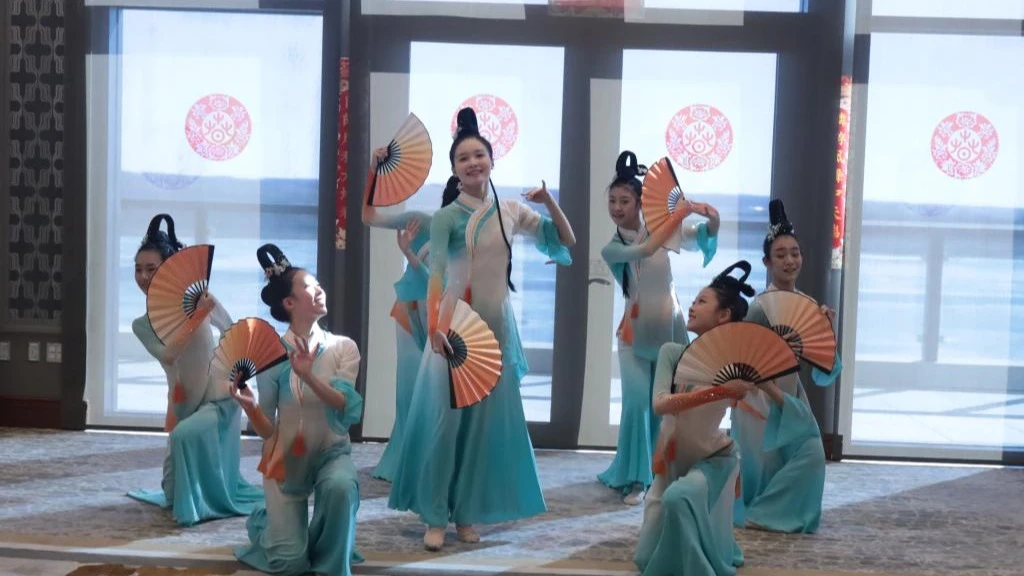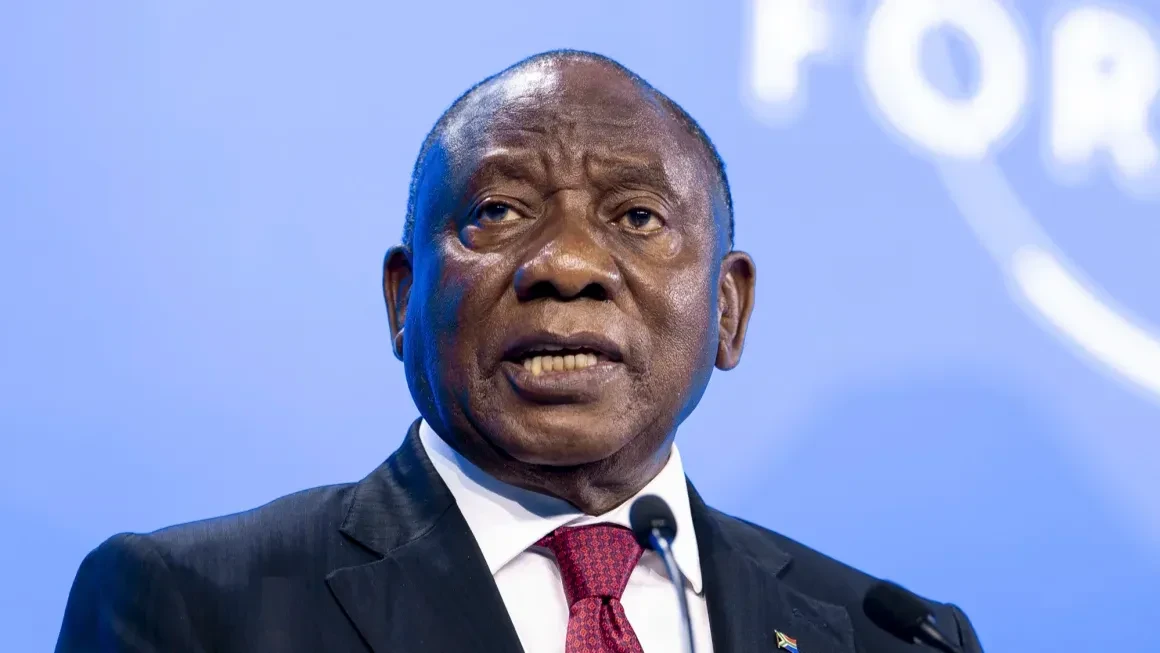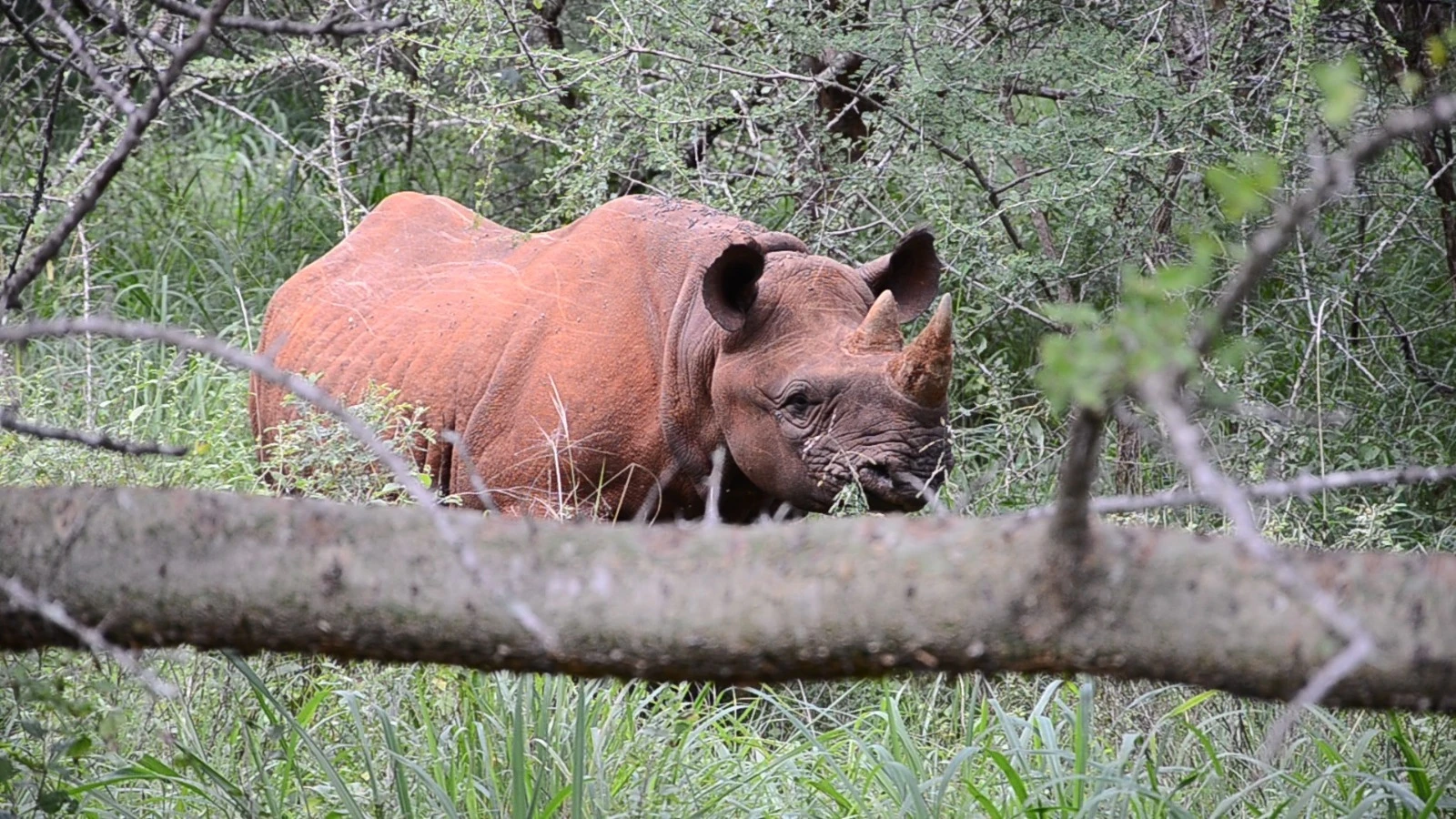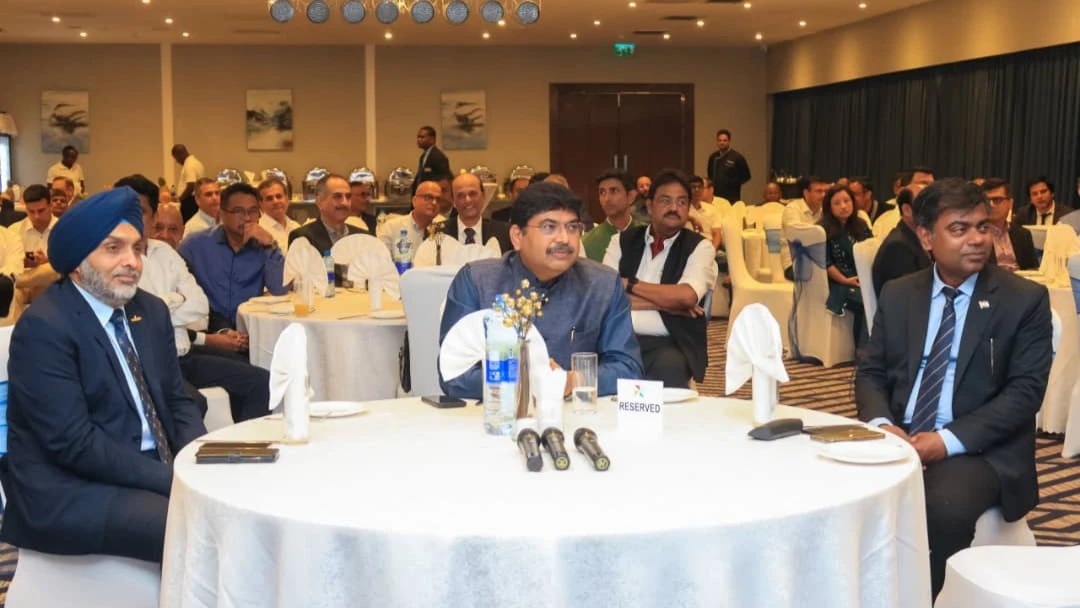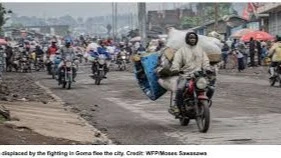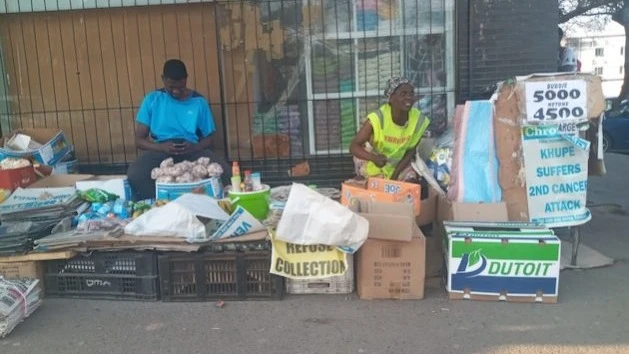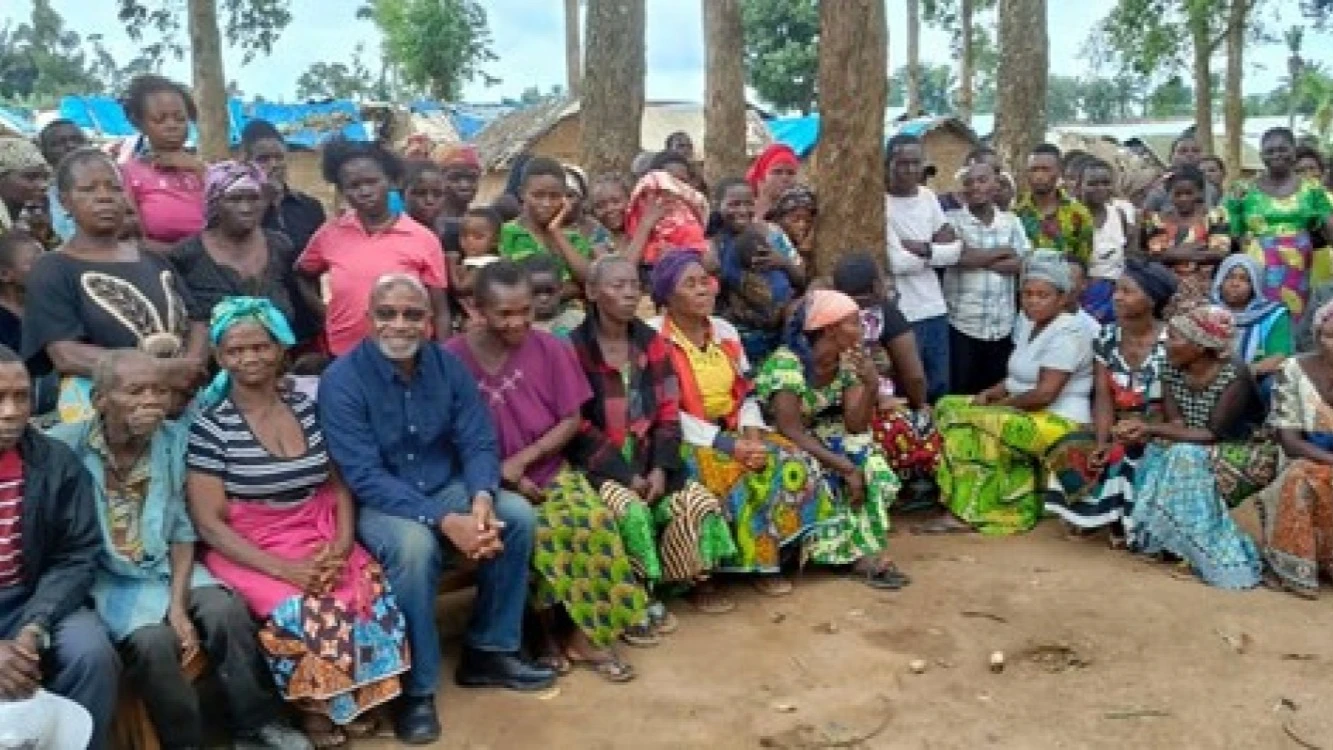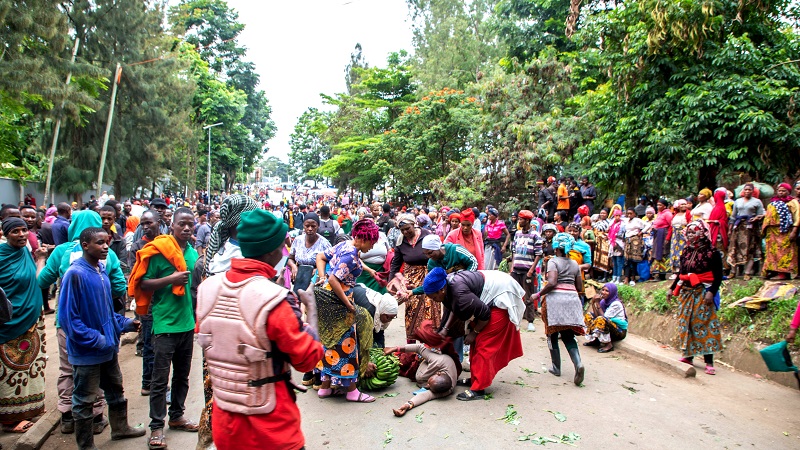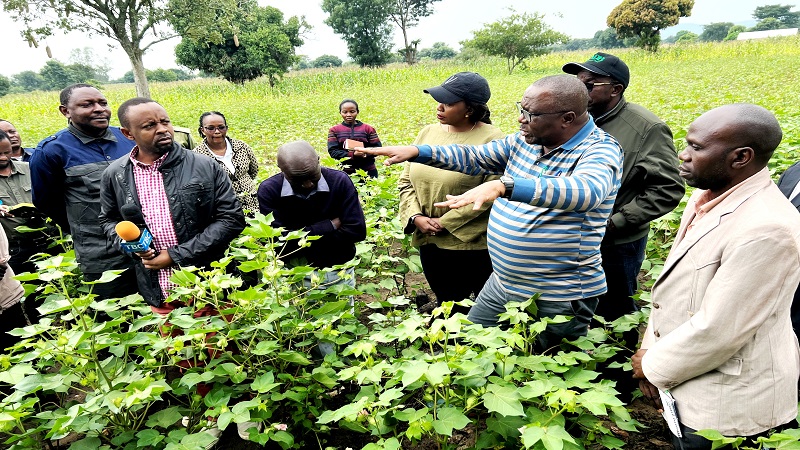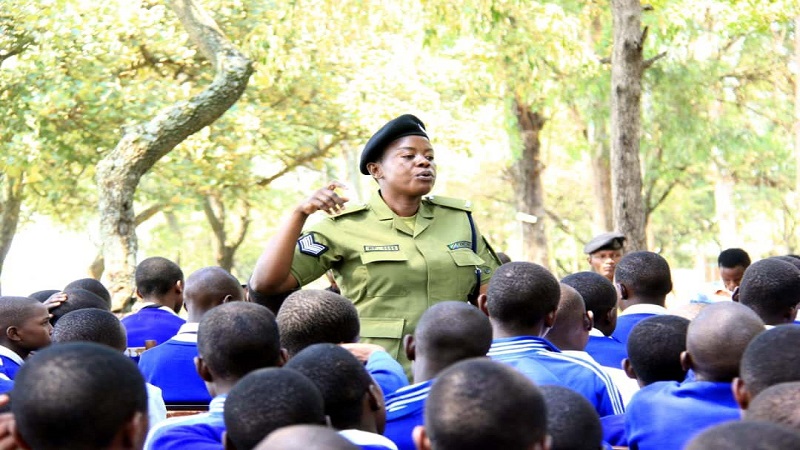In DRC, hopeful villagers brave insecurity to rebuild their homes
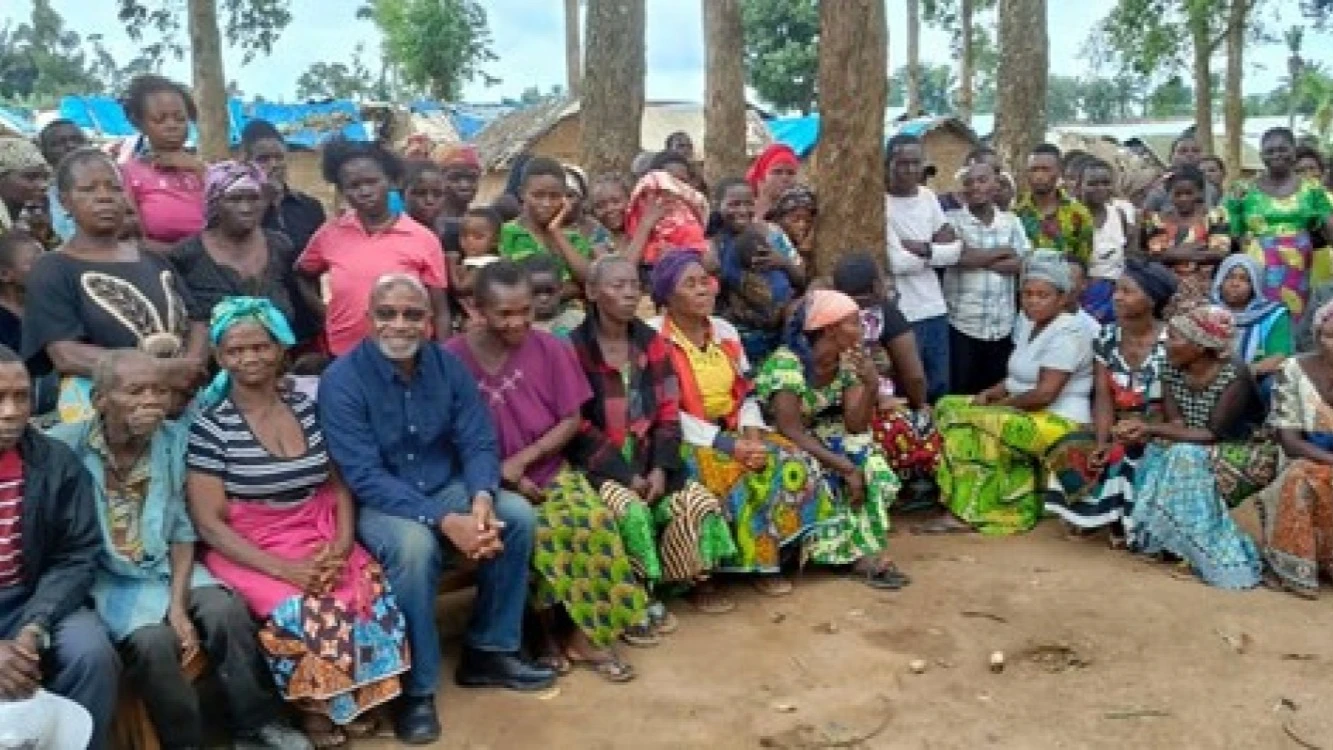
TWENTY-YEAR-old Lucia (name changed for privacy) became a mother at a tender age of 14. She survived torture and was forced to flee her home in 2019 following repeated attacks by armed groups.
Yet, Lucia is among displaced families who have returned to the village of Mangoko, near Beni town in DRC, where life is far from safe. Everyday activities such as fetching firewood or tending to small farms come with risk of attack, especially sexual assault. Still, not venturing outside her house is not an option.
“If we do not fetch firewood, we won’t eat,” she said. “But anything can happen to us out there in the farms or when fetching wood,” she said. “When you are sexually assaulted, how do you even tell your husband about it? You just remain silent.”
Lucia’s story plays out across Beni town and the surrounding villages in north-eastern DRC, where years of conflict have displaced nearly half of the 500,000 residents.
Today, a growing number of people are returning to villages like Mangoko, reclaiming land and properties. Their efforts symbolize resilience and rekindle a sense of hope for the future.
The UN Human Rights Office (OHCHR) in DRC has been part of this hope-building exercise. In collaboration with the United Nations Organization Stabilization Mission in the Democratic Republic of the Congo (MONUSCO), the office champions respect for human rights for all, and are engaged in advocacy and policy development on transitional justice aimed at ensuring accountability, justice and reconciliation.
Patrice Vahard, Senior Human Rights Officer at OHCHR emphasizes the importance of a holistic approach to addressing the challenges in Beni holistically. This includes encompassing civil and political rights, as well as gender perspectives.
“Through our work in the DRC, human rights have become a bridge between and within communities,” explained Vahard. “We strive to demonstrate the role of human rights in fostering sustainable peace and development at grassroots level.”
“Our cooperation with the military justice has advanced against impunity for violations of rights by security forces. Additionally, our outreach efforts have empowered women to report rape and other forms of sexual violence,” he added.
Returning home
In November 2019, a series of violent attacks against civilians in Beni city and surrounding territory in North Kivu Province forced thousands to flee their homes. The mass exodus left villages deserted and livelihoods in ruins. Yet, despite the ongoing insecurity, many families have begun returning, driven by hope and determination to rebuild their lives.
“You can see the city is empty. We want people to come back and live in these homes,” said Cyprien Kasekera, a local elder.
Kasekera is optimistic that the abandoned homes, left behind nearly six years ago, will soon be preoccupied by their former owners. Over the past three to four years, returnees have trickled back, slowly breathing life into these villages.
During a recent visit to one of these villages, Vahard called it a “ghost village at a crossroads.”
“This was once a dynamic, active village, where agricultural production, like cocoa farming brought prosperity, wealth, and happiness to these people. But because of insecurity, they have had to flee,” Vahard said.
Yet, despite the challenges, these returnees remain steadfastly attached to their land, braving the ongoing threats to plant crops such as cassava, guard their homes, as they wait for stability to allow for more substantial renovation and rebuilding of the houses.
During a visit to Beni city, OHCHR staff met a 90-year-old woman who chose not to flee the village during the conflict. While her children ran away from the violence, she stayed behind. Now, returning families see her as a beacon of hope, an inspiration and a reminder of the peaceful times they hope to restore.
Still, things are not fully peaceful, according to Vahard. There are persistent dangers faced by returnee women, including repeated sexual violence when they are undertaking basic tasks such as gathering food and firewood, yet most of these cases are not reported.
Imelda Kavila, a women’s leader in Beni, shared harrowing stories of the suffering women continue to face due to the insecurity. She said some of those sexually assaulted have been infected with HIV/AIDS.
“Sometimes, just running to the neighbour’s garden to fetch food can lead to the women being attacked and violated,” Kavila said.
Yes, despite these hardships the spirit of the returning communities remains unbroken. With support and sustained advocacy for security and human rights, they are coming home to reclaim not just their homes but also their peace and dignity.
Restoring peace
To create the right conditions for a return to normalcy, the young, displaced people are calling for the restoration of peace and investment in education.
“For us, it is a feeling of satisfaction that we are going to present to the world that we have suffered enough atrocities and unjust wars that have led to the displacement of our populations,” said one of the youth leaders.
He added:”We know this will contribute to finding a solution to this suffering.”
Top Headlines
© 2025 IPPMEDIA.COM. ALL RIGHTS RESERVED











